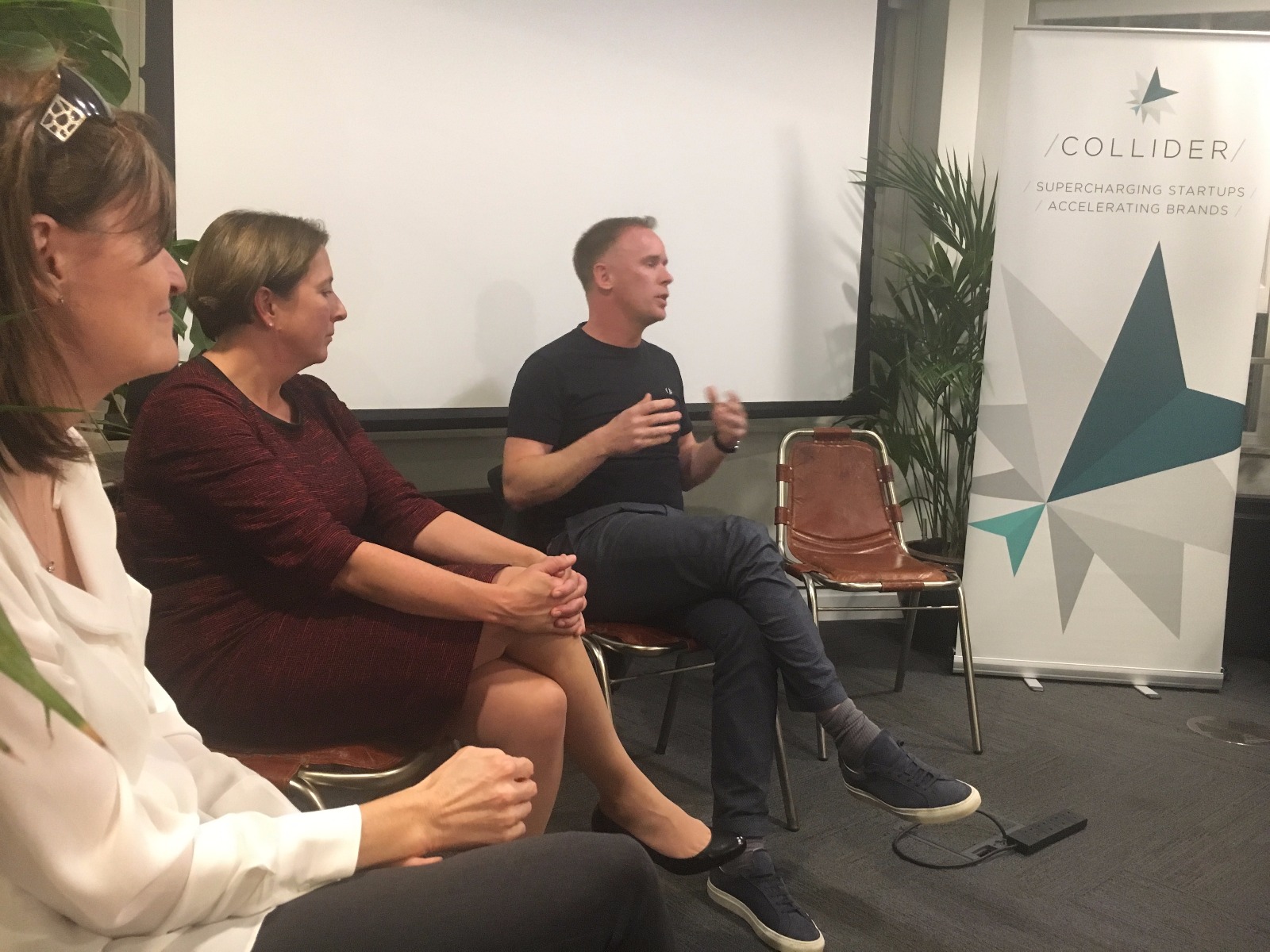This February, Collider Class of 2014 alumnus LivingLens was acquired by Medallia. The Liverpool based company captures, analyzes and shares consumer insight video in a single platform. You can automatically extract meaningful insights, so you can tell powerful stories that inspire better decision-making with LivingLens. LivingLens was part of the Collider UK Class of 2014 and is the first startup from this cohort that exits.
LivingLens helps the world’s best brands, insight specialists and technology providers work with video feedback at scale by analyzing the data contained within speech, sentiment, emotion and objects. The LivingLens video intelligence platform automatically extracts insights and identifies key themes that navigate to meaningful content quickly, facilitating powerful stories to inspire action and drive change within organizations. LivingLens was founded in 2014 in Liverpool, and has offices in London, New York and Toronto.
Medallia is the pioneer and market leader in Experience Management. Medallia’s award-winning SaaS platform, the Medallia Experience Cloud, leads the market in the understanding and management of experience for customers, employees and citizens. Medallia captures experience signals created on daily journeys in person, digital and IoT interactions and applies proprietary AI technology to reveal personalized and predictive insights that can drive action with tremendous business results.
For the full press release about this exit, click here!






